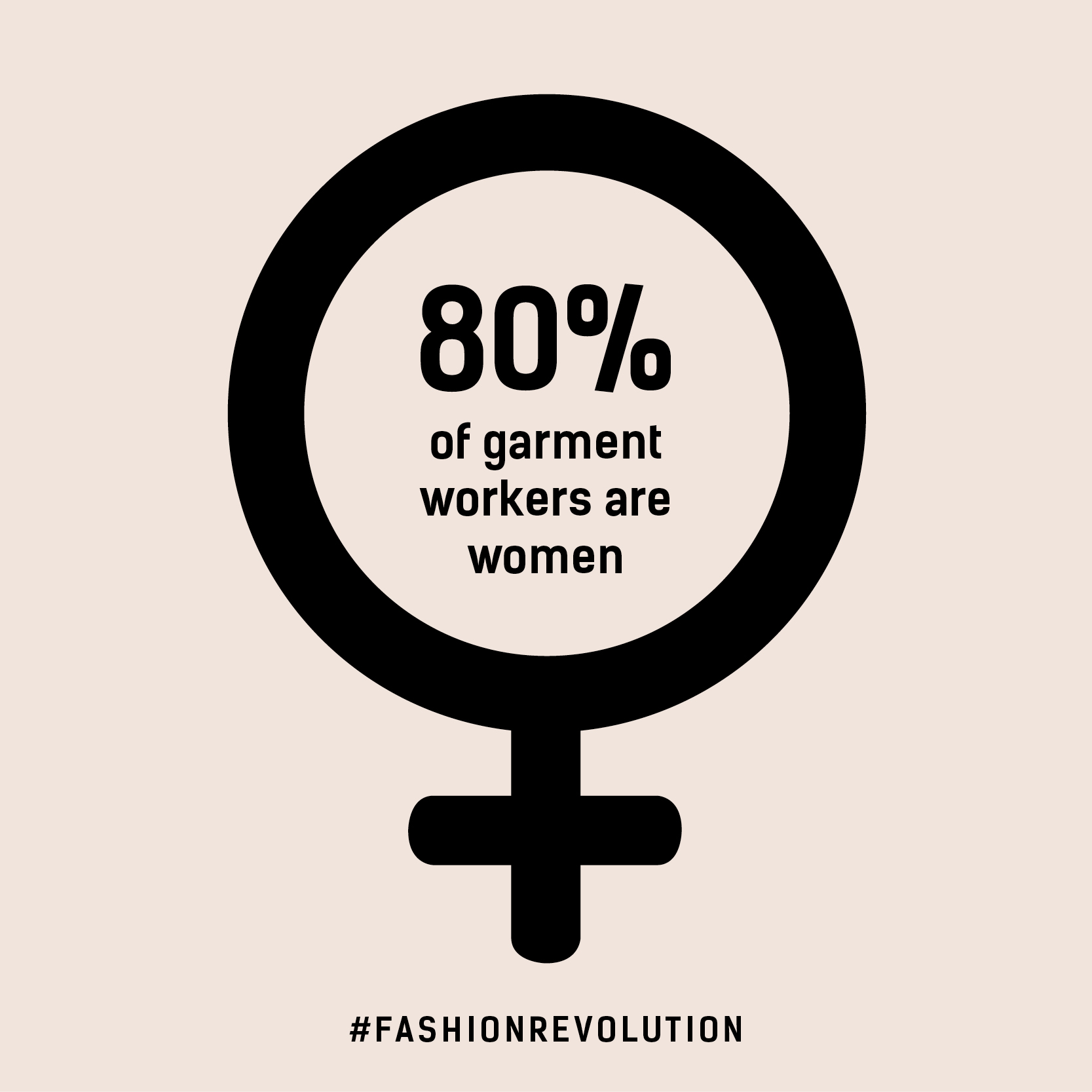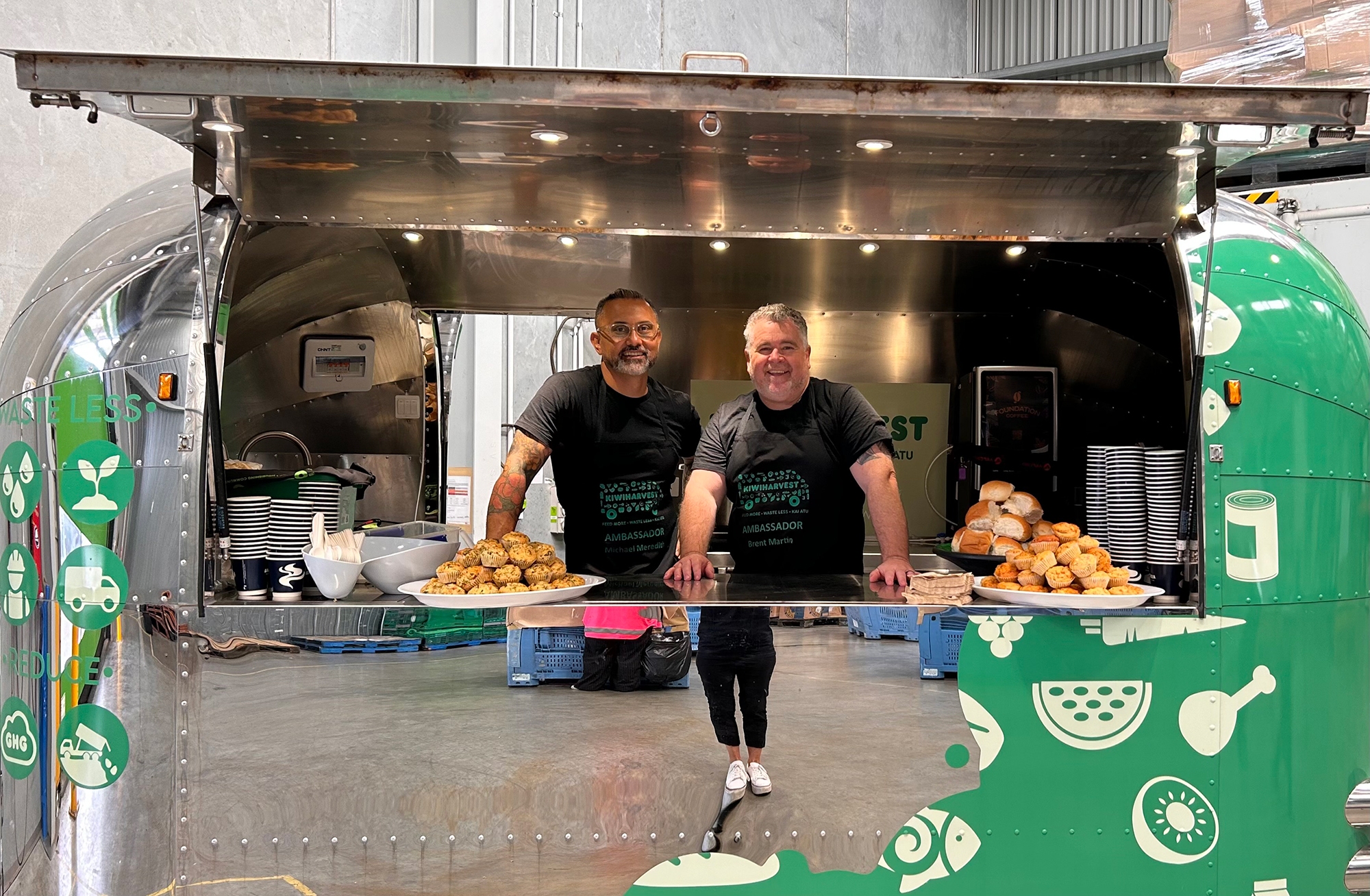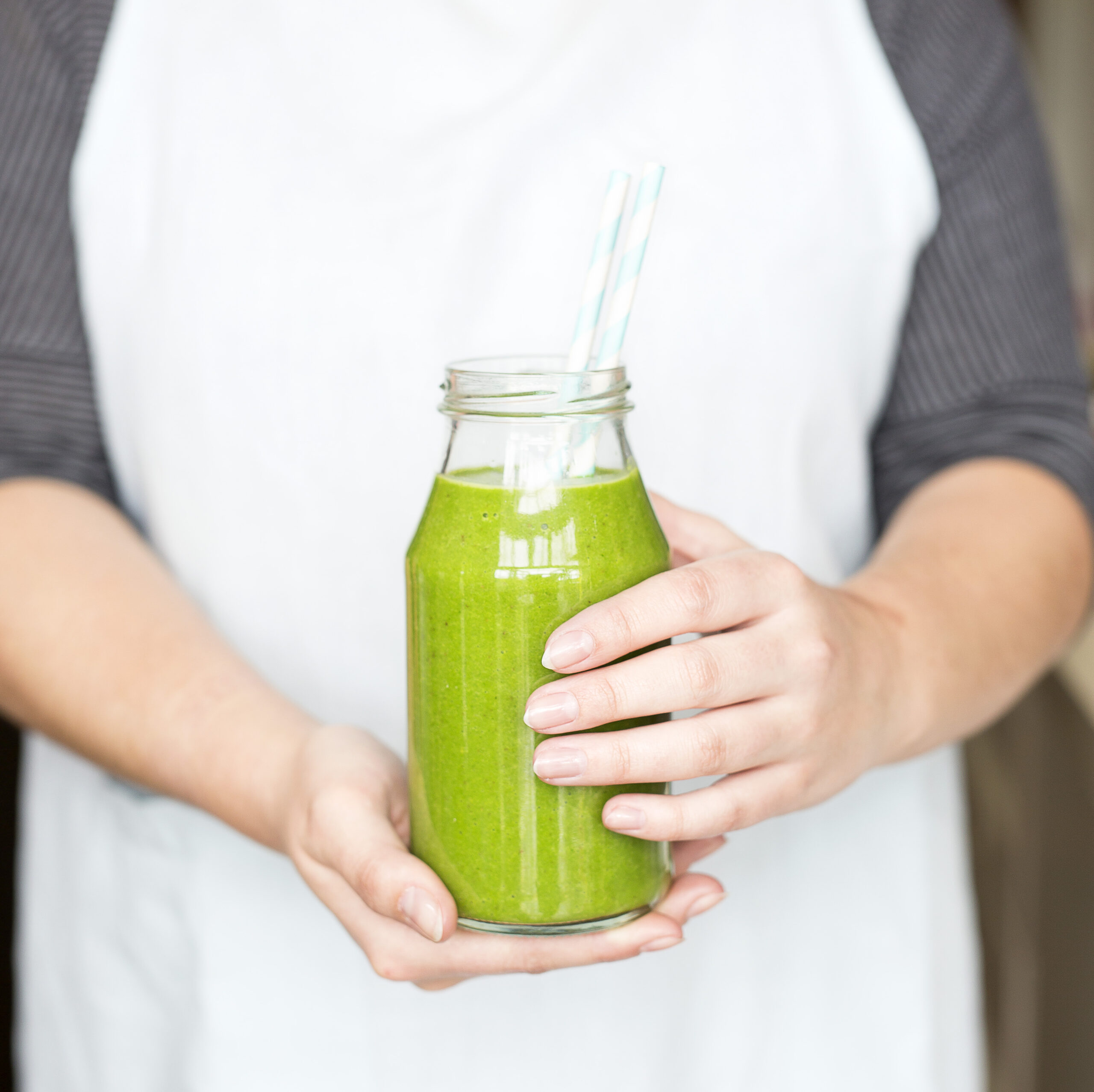A new generation of girl power tees are making their way into girls’ and womens’ wardrobes around the planet. From ‘Feminist AF and ‘I am a feminist’ to ‘The Future is Female’, and from as little as $5, you can fly your flag for the feminist movement wearing your values loud and proud. But do you really know the true cost of the garment that holds this voice?
The garment industry throughout history, and still today, is one of the most female dominated industries in the world. The global fashion industry employs at least sixty million women and girls. In many cases these women are working for some of the most profitable companies in the world and will earn in 18 months what a fashion brand CEO makes on their lunch break. For these women, gaining decent pay, working under fair conditions, and having basic work security should be a basic requirement, however this is not the case.

Profitable fashion companies are earning their gargantuan profits for reasons we can’ see. How our clothes are made, and in what conditions, are invisible to us the consumers. Behind the scenes there are garment workers working for poverty wages, under dreadful conditions and working excessive overtime. In Guangdong in China young women face 150 hours of overtime each month. To dive deeper into this issue the must-see film The True Cost gives an insight into the human and environmental cost to our world and asks us to consider who really pays the price for our clothing?
Fashion Revolution conducted a project in 2017/18 called the Garment Worker Diaries. On-the-ground partners met with 540 garment workers in India, Cambodia and Bangladesh on a weekly basis for twelve months to learn the intimate details of their work and lives. What was brought to their attention was the harassment that these women are going through. 60% reported gender-based discrimination, over 15% reported being threatened and 5% had been hit. It was evident to the project team at Fashion Revolution that the women making our clothes are still risking their lives every day to feed our fashion addictions.
Fashion Revolution urges all brands and retailers to have full transparency of their supply chain. The Fashion Revolution ‘Fashion Transparency Index’ reviews major global brands and retailers according to their social and environmental policies, practices and impacts and in turn giving these brands the opportunity to report how they are reacting to gender-based discrimination and violence. In the ‘2019 Transparency Index’, Fashion Revolution surveyed 200 brands asking them all the same questions around women’s empowerment which is key to achieving the SDG 8 (Sustainable Development Goal) focusing on ‘decent work and economic growth’ promoting sustained, inclusive and sustainable economic growth, full and productive employment and decent work for all.
At Fashion Revolution, we believe that positive change in the fashion industry is possible, and this starts with transparency.
What can you do? Fashion Revolution New Zealand invites citizens to ask brands to use their voice on social media. We are asking you to share the story of a garment you own and ask the brand directly by tagging them, and using the hashtag #whomademyclothes (tag us too so we too can share in your story ?). We demand to know how these brands are supporting the women who make our clothes.

Be curious. Find out. Do something.
Follow @Fash_Rev_NewZealand on Instagram or @FashRevNewZealand on Facebook. Like, share, comment and together we can take collective action for a more transparent industry that values people, the planet, prosperity and creativity in equal measure.
Written by Amy Conlon, Fashion Revolution New Zealand Country Co-ordinator. Amy is a sustainable fashion advocate, entrepreneur & creative designer. Founder of sustainable accessories brand Outliv and preloved clothing ambassador working for Dove Hospice, Amy is on a mission to inspire positive change through sustainable fashion. Amy has over 20 years of experience working as a fashion designer in the UK, NZ and internationally. Amy has worked for various companies spanning luxury fashion to suppliers and studied at the London College of Fashion & Central Saint Martins following her degree in Fashion Technology from AUT in New Zealand.







